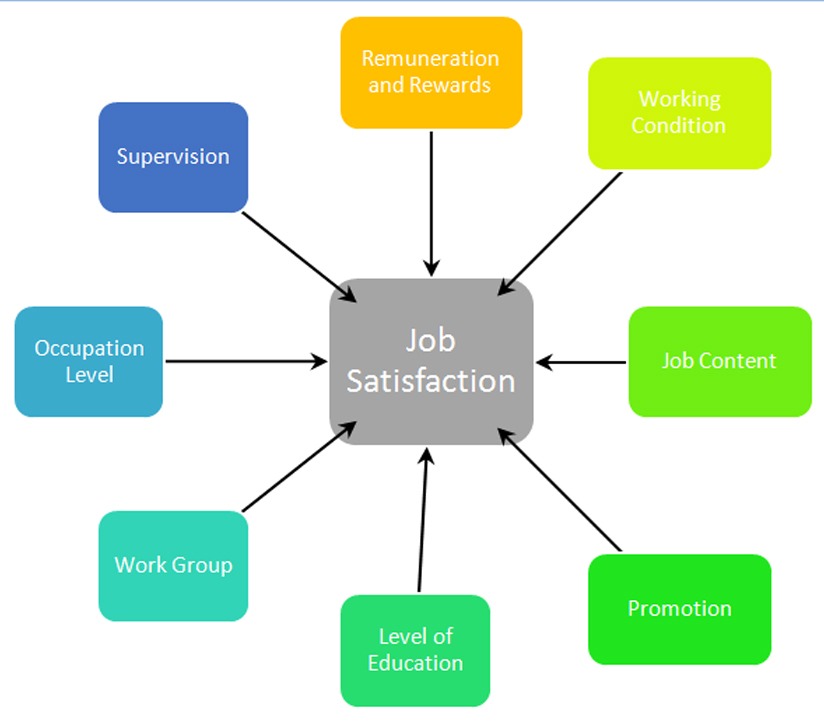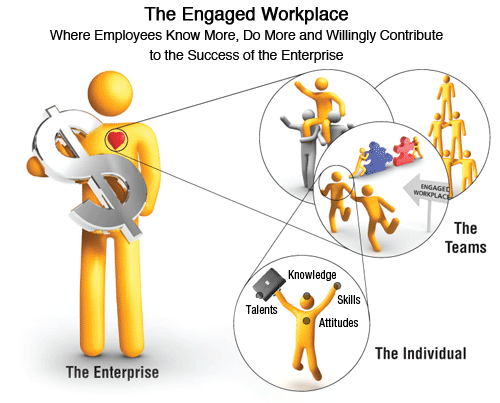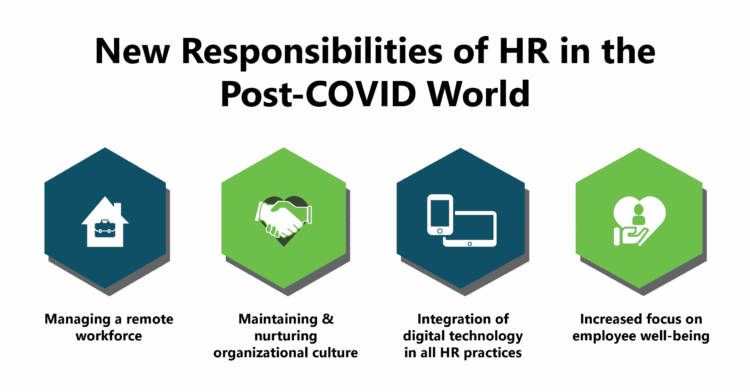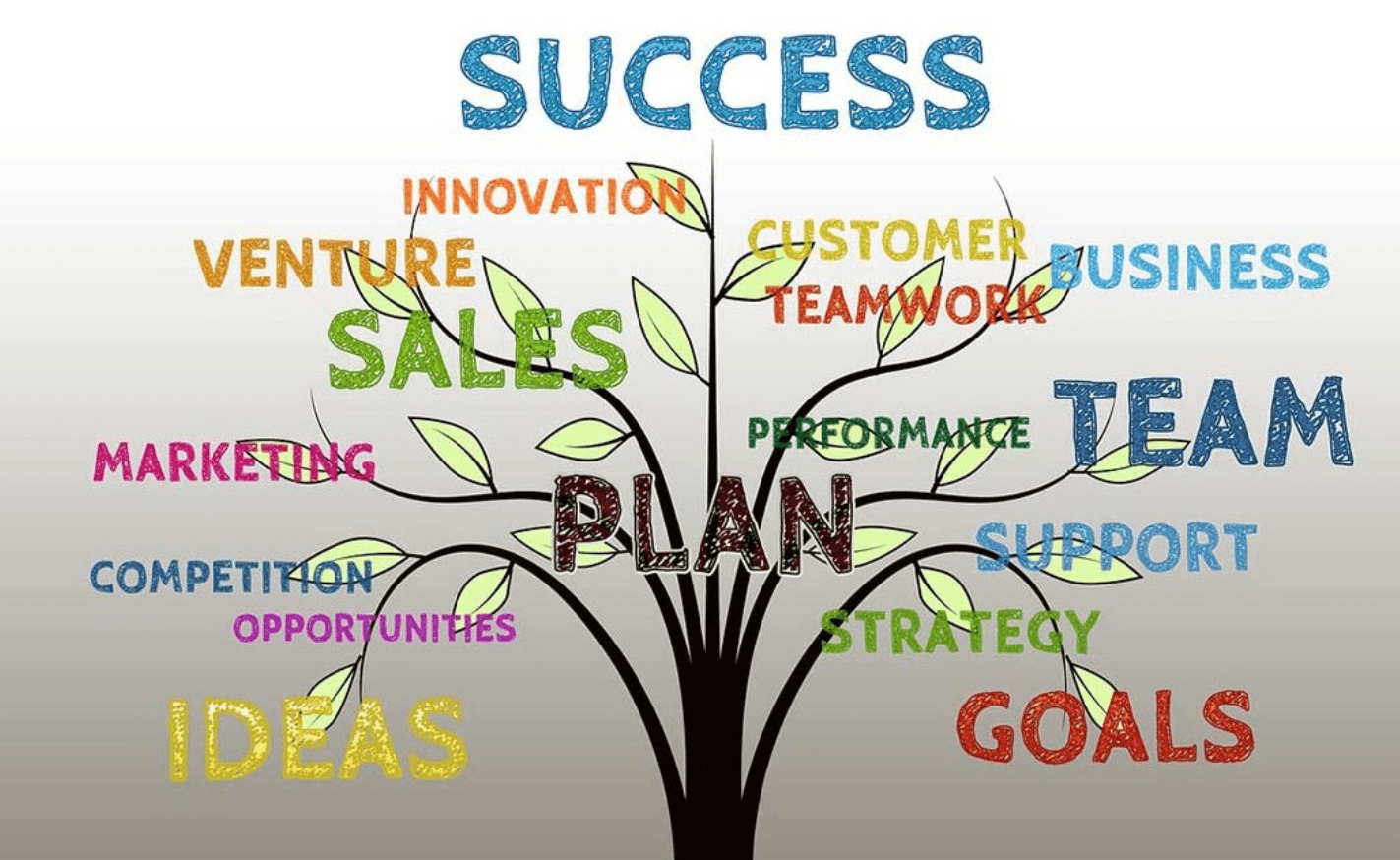Human Resources: The Driving Force Behind Company Growth
In today’s competitive business world, it’s not just enough to offer high salaries and perks to attract top talent. The real key to retaining top talent is by having a strong company culture. A company’s culture encompasses its values, beliefs, traditions, and behaviors that guide its employees’ actions. A positive company culture is not only essential for attracting talent but also for retaining it.
My company culture is defined by my personal values and behaviors, as I have incorporated them into my work and growth within the organization.
What is company culture?
Company culture refers to the shared values, beliefs, attitudes, and behaviors that define how a company operates and interacts with its employees, customers, and stakeholders. It encompasses the company’s mission, vision, and core values, as well as the relationships between employees, the company’s leadership, and external partners.
A strong company culture is characterized by a sense of community, collaboration, trust, and respect among employees. It also includes a commitment to transparency, accountability, and ethical behavior in all aspects of the business. A positive company culture is essential for attracting and retaining top talent, fostering employee engagement and motivation, and creating a sense of purpose and belonging among employees.

Let’s home in on fundamental inquiries that serve as the bedrock of an organization’s triumph.
- Who maintains the company culture?
- What values does the company prioritize, and how are they reflected in the workplace?
- How does the company promote work-life balance and employee well-being?
When it comes to running a successful business, a company basically deals in many ways and have different departments given below:
- Sales & Marketing
- Finance Department
- Human Resources (HR) Department
- Operations Department
- Information Technology (IT) Department
- Legal Department
- Procurement Department
One of the most important factors is having a strong Human Resources (HR) department.
Do we really know what actually HR does for an organization?
“Human Resources has the power to sculpt a thriving enterprise into a magnificent organization, transcending beyond mere recruitment and staffing.”
From recruitment and selection to training and development, compensation and benefits, and employee relations, HR plays a critical role in shaping the success of an organization.
Human Resources serves as the artistic sculptor, skillfully molding and refining the raw materials of a successful organization into a stunning masterpiece of a company.”
As per me “HR is responsible for managing and developing a company’s most valuable asset: its people.”

Why the company culture is the key to retaining top talent?
A Sense of Belonging:
Having a strong company culture gives employees a sense of belonging. When employees feel like they’re part of something bigger, they’re more likely to stay committed to their work and the company. This sense of belonging also makes it easier for employees to collaborate and work together as a team, which can lead to increased productivity and better outcomes.

Increased Job Satisfaction:
When employees feel that their work aligns with their values and beliefs, they’re more likely to be satisfied with their jobs. A positive company culture can help create a work environment where employees feel valued, respected, and supported. This can lead to higher job satisfaction, which is essential for employee retention.

Stronger Employee Engagement:
Engaged employees are more committed to their work and are less likely to leave. A positive company culture can foster employee engagement by providing opportunities for learning and development, recognition and rewards, and a supportive work environment. Engaged employees are also more likely to be productive and creative, which can help drive business growth.

Now, I will explore some HR Strategies for the Post-Pandemic World
Navigating the Future of Work by ‘Human Resource’
The COVID-19 pandemic has brought unprecedented change to the workplace. From remote work to hybrid work models, organizations have had to adapt quickly to ensure business continuity while keeping their employees safe. Now, as the world begins to recover, HR professionals are faced with the challenge of navigating the future of work.
Embrace Flexibility: One of the key lessons learned during the pandemic is the importance of flexibility. HR departments need to continue to offer flexible work arrangements, such as remote work or flexible hours, to attract and retain top talent. Additionally, they should be prepared to adjust policies and procedures quickly to accommodate changing circumstances.
Prioritize Employee Wellness: The pandemic has taken a toll on employee mental health and well-being. HR departments need to prioritize employee wellness by offering mental health resources, promoting work-life balance, and encouraging healthy habits. This will not only improve employee satisfaction and retention but also lead to increased productivity and engagement.
Foster a Culture of Agility: The pandemic has shown that organizations need to be agile to respond to changing circumstances. HR departments need to foster a culture of agility by encouraging employees to take risks, embrace change, and adapt quickly. This will not only help organizations navigate the post-pandemic world but also prepare them for future disruptions.
Invest in Digital Transformation: The pandemic has accelerated the adoption of digital technology in the workplace. HR departments need to continue to invest in digital transformation by adopting new technologies, such as automation, artificial intelligence, and data analytics, to streamline HR processes and improve the employee experience.
Focus on Diversity, Equity, and Inclusion: The pandemic has highlighted existing inequities in the workplace. HR departments need to focus on diversity, equity, and inclusion by creating inclusive policies, promoting diversity and equity in hiring and promotion practices, and providing training and education on unconscious bias and microaggressions.

Final Intake:
Finally, HR serves as a mediator between employees and management. HR professionals must be skilled in conflict resolution and have a thorough understanding of the company’s policies and procedures. By addressing employee concerns and conflicts, HR can help create a positive work environment, improve employee morale, and increase productivity.
Human resources is the driving force behind company growth. HR professionals play a critical role in recruiting, hiring, training, and managing employees. They also ensure compliance with laws and regulations related to employment and serve as a mediator between employees and management. By creating a healthy and productive work environment, HR can help drive the company’s growth and success.
Add Comment
You must be logged in to post a comment.








